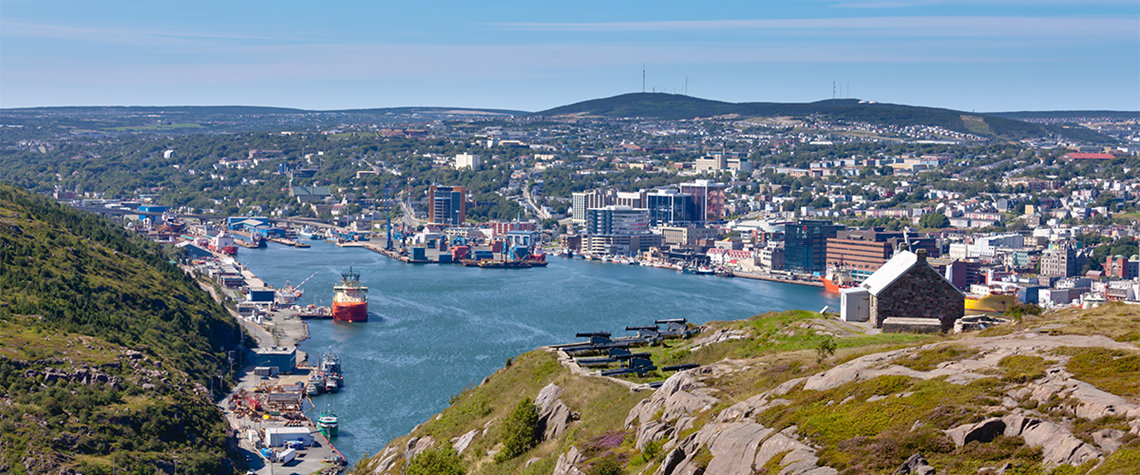After rebounding nicely over the past few years from its coronavirus pandemic meltdown, Newfoundland and Labrador’s (NL) offshore oil industry has taken several blows over the past few months.
The hits include Suncor removing the Terra Nova oil platform from its 2023 production plans in early May, citing the need for additional maintenance on the FPSO following its refurbishment in Spain (the original goal was to get the rig back into production by the end of 2022); Equinor announcing it was delaying its Bay du Nord deepwater offshore project by as many as three years at the end of May due to escalating costs; and BP plugging and abandoning its exploration well at the highly touted Ephesus prospect in the Orphan Basin in early July following what appears to have been an abbreviated drilling campaign.
Despite the above, NL’s energy minister, Andrew Parsons, remains “very optimistic about the future of the [province’s] offshore industry”. Jim Keating, CEO of Oil and Gas Corporation of Newfoundland and Labrador (OilCo), the state-owned company responsible for promoting offshore exploration and development activity and managing the province’s non-operated interests in offshore assets, feels likewise.
Part of the reason for their continuing optimism is two of the three recent blows appear to be temporary, with the Terra Nova field—one of the four producing projects in the Jeanne d’Arc Basin— likely to come back online in 2024 and Equinor’s decision on Bay du Nord—to be the province’s first deepwater project—facing no more than a three-year delay.
“I understand that Equinor is assessing Bay du Nord with an aim to improve the robustness of the project,” Keating told Petroleum Economist. To do so “Equinor is assessing exploration drilling around the Bay du Nord field for 2024”.
At the same time, “[Calgary-headquartered] Cenovus’ West White Rose project is around 70% complete,” he said. “The project reached a major milestone in June 2023 with the completion of the conical slip form operation for the concrete gravity structure. First oil is targeted in 2026.”
However, the key reasons Parsons and Keating remain optimistic about NL’s offshore oil industry is because of its highly prospective geology, especially in deep offshore regions, which are gaining a greater share of oil companies’ capital investment dollars on a worldwide basis, something that is in turn supporting greater exploration activity in the province’s offshore waters.
“We have phenomenal prospectivity offshore and companies continue to explore,” Parsons told Petroleum Economist. “The Gale well is currently being drilled offshore by ExxonMobil.” Gale is the third well in ExxonMobil’s central ridge drilling campaign in the Jeanne d’Arc Basin.
“Further exploration is planned next year by Suncor, which is planning for a multi-well exploration campaign starting in 2024,” said Keating. “Suncor has applied to drill up to 16 exploration and delineation wells between now and 2029 with up to four wells each year.”
According to Keating, NL has seen several new entrants into its offshore waters in recent years, including state-owned QatarEnergy earlier in 2023, while the “OilCo team has also met with several companies who have expressed significant interest in exploring in offshore NL”.
Deep offshore advantage
“Industry has seen recent success in deepwater exploration, which is leading to the opening of reservoirs in new basins,” said Keating. “Typically, deepwater wells produce substantially more recoverable resources than development wells in shallow water or onshore.”
Estimated ultimate recovery (EUR) in deep water averages 12m boe for oil wells and 43m boe for gas wells, according to a 2021 report by consultancy Wood Mackenzie. That compares with the global industry average EUR of less than 1m boe per well. Woodmac reported that this advantage will improve, with future deepwater oil fields enjoying twice the average EUR of fields already onstream.
“The large scale of deepwater fields could mean fewer fields are required, leading to greater economics for developers and lower carbon emissions,” said Keating. “These advantages have attracted explorers to offshore NL.”









Comments